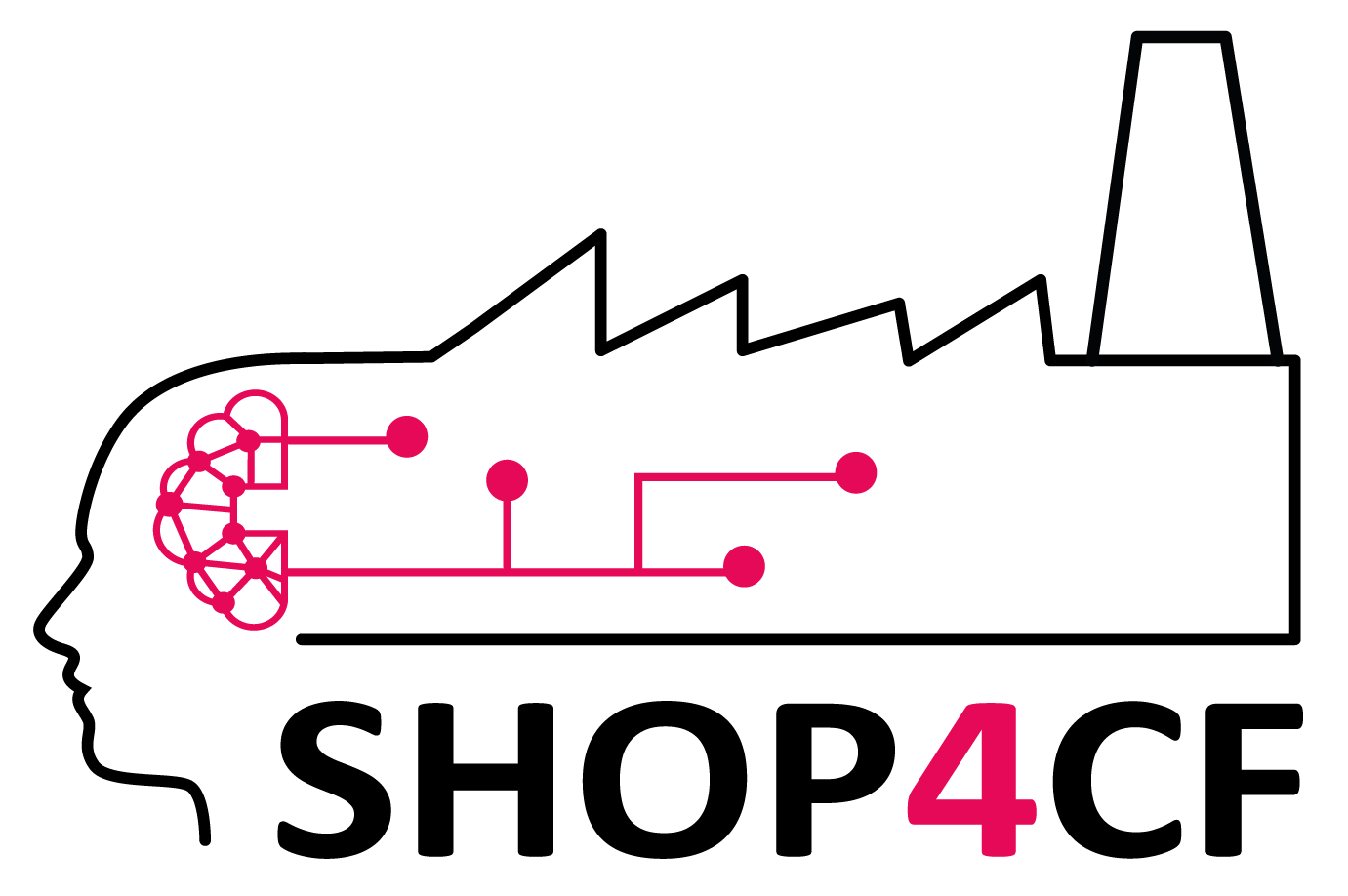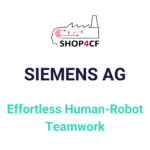From Challenges to Triumph: ISTSME
From Challenges to Triumph: ISTSME's Journey in Reshaping Manufacturing Processes
The industrial manufacturing sector is at a pivotal juncture. With connected factories, businesses harness data-driven solutions for transparency, competitiveness, enhanced decision-making, and traceability. This backdrop sets the stage for the ‘Improved Scheduling and Traceability in Manufacturing SMEs by IoT-based solution’, or ISTSME.
Created through the collaboration of Ingeser and Pinazo, this project addressed challenges faced by Pinazo, a Spanish manufacturing SME. The lack of a digital channel left operators and managers without real-time insights into production, performance, and resource consumption. Reactive daily meetings dominated the limited proactive planning capabilities, making workforce management inefficient. Relying on paper-based reporting led to errors like incorrect productivity assignment, traceability issues, and reference losses. The high volume of production often resulted in operator-induced annotation mistakes. Compounding these issues was the outdated method managers used, seeking performance insights from floor operators.
ISTSME’s solution was to leverage IoT for real-time component traceability on the factory floor. The system evolved into an RFID UHF-based IoT system, paired with a cloud-based human-centric web service. This service featured five views: production, real-time shop floor updates, scheduling, reports, and control of events and downtime. Designed for both managers and operators, it fostered a unified, data-driven decision-making environment. A special emphasis was given to a user-friendly interface for operators, offering them real-time productivity insights.
A standout feature of ISTSME was its AI-powered planner. This tool provided smart recommendations on human resource allocation and workstation assignments for maximum productivity.
Post-integration, Pinazo experienced a transformative impact. Without investing more in workforce or machinery, they saw a +21% performance increase and saved over +38 minutes per-shift per workstation. RFID-traceable parts rose to 62,567. A proactive management style led to performance-based remuneration, introducing a gamified and motivational atmosphere for employees. This shift cultivated a new digital work culture centered on efficiency and worker contentment.
In summary, ISTSME exemplifies the profound impact of thoughtfully integrated technology in industrial processes. For SMEs worldwide aiming to modernize, ISTSME offers a compelling blueprint.



